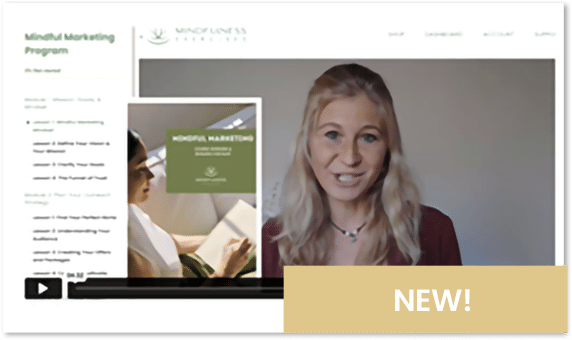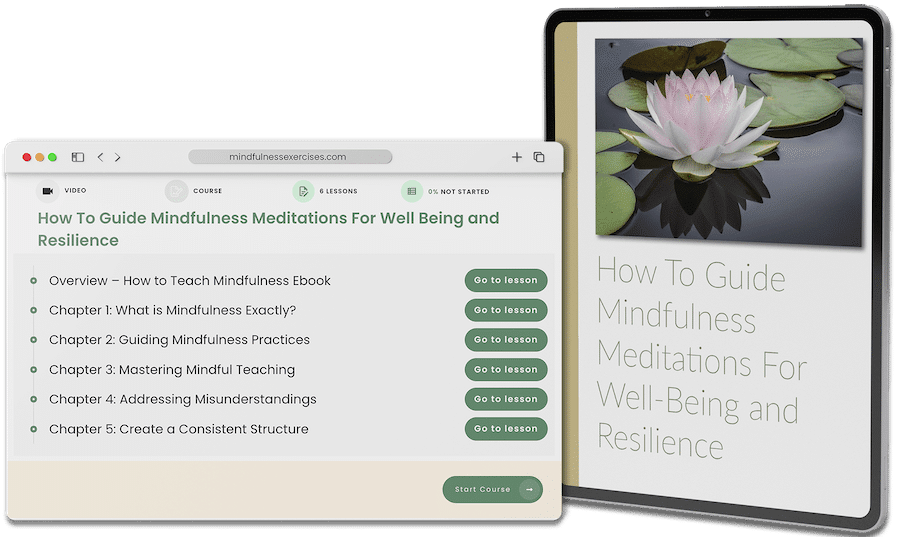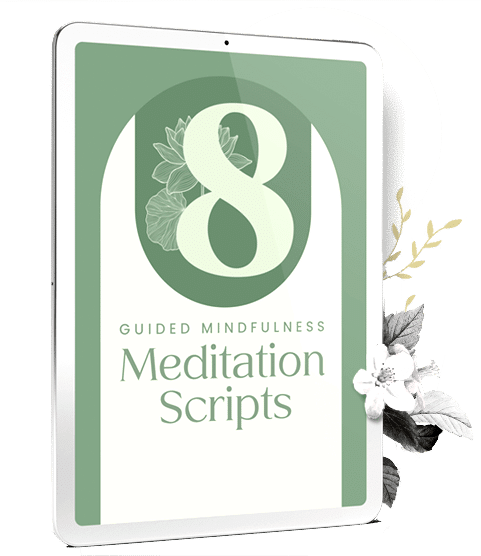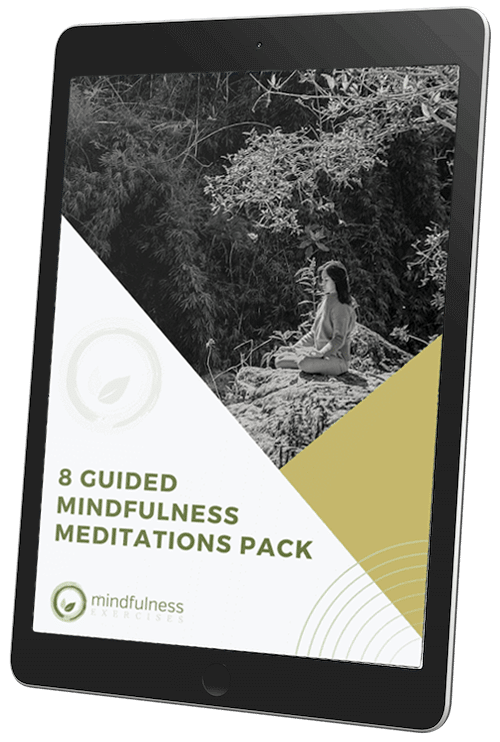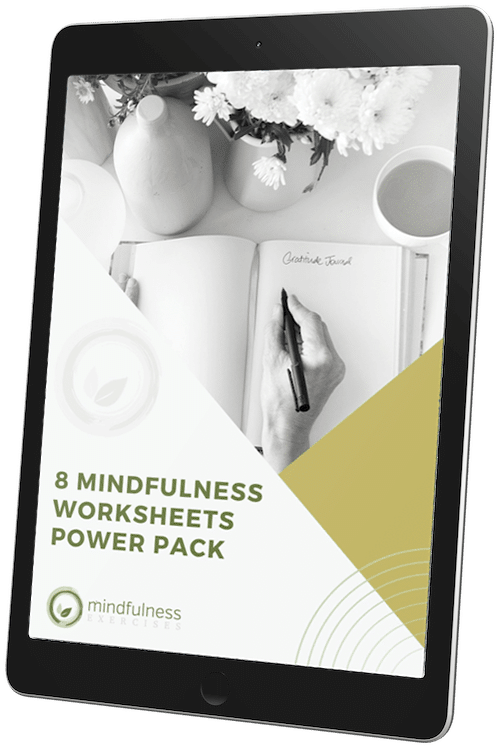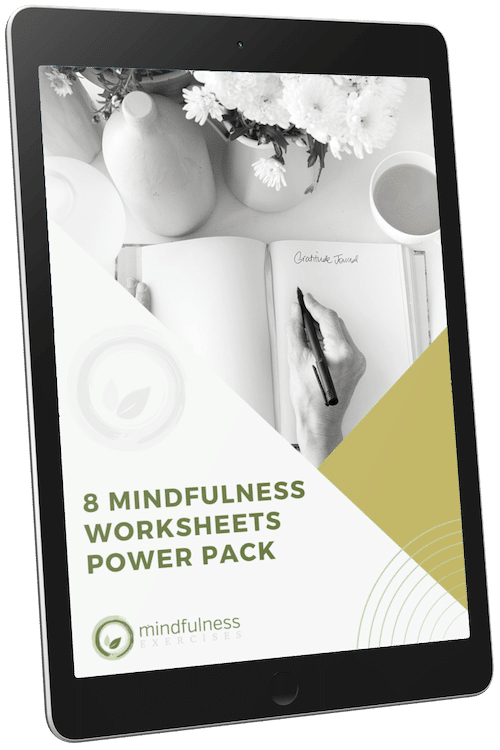Right Livelihood And Vocation, by Donald Rothberg. He talks about how to find a deepen your own vocation and live a life of integrity.
Right Livelihood And Vocation, by Donald Rothberg:
[ai_playlist id=”194287″]
About Donald Rothberg:
Donald Rothberg, PhD, has practiced Insight Meditation since 1976, and has also received training in Tibetan Dzogchen and Mahamudra practice and the Hakomi approach to body-based psychotherapy. Formerly on the faculties of the University of Kentucky, Kenyon College, and Saybrook Graduate School, he currently writes and teaches classes, groups and retreats on meditation, daily life practice, spirituality and psychology, and socially engaged Buddhism. An organizer, teacher, and former board member for the Buddhist Peace Fellowship, Donald has helped to guide three six-month to two-year training programs in socially engaged spirituality through Buddhist Peace Fellowship (the BASE Program), Saybrook (the Socially Engaged Spirituality Program), and Spirit Rock (the Path of Engagement Program). He is the author of The Engaged Spiritual Life: A Buddhist Approach to Transforming Ourselves and the World and the co-editor of Ken Wilber in Dialogue: Conversations with Leading Transpersonal Thinkers.
—
So this morning, I wanted to continue to what ___ explored last week. Last week, he explored right livelihood. I talked to some—how many people were there? Do you like him? Was it good? He’s a very sweet man, and deep experienced. And I wanted to continue—so, how many people were not here last time? Okay, so that’s a big chunk. So, I was going to continue with the theme of right livelihood, but take a little further, particularly into a very deep question of “How do I find and deepen my own, personal vocation?” as to “How I live with integrity in this life?” A small question. And so, I wanted to continue with some of the material on right livelihood.
And I’ll do a little bit more on than I was intending to do, because of people’s background. And I’m doing this partly in honor of—yesterday was international worker’s day. And I want to acknowledge that and really honor that deepening of reflection on our own work or own vocation that is so much a part of our Dharma path or Dharma practice.
So before I say anything, I’d like to just invite, for each of us, a quiet reflection right now. So, just be yourself.
So I’d like you to ask yourself a few questions. You know, just say them. Maybe just say them right at the beginning so you can just take your time with them. We’ll take a few minutes to reflect.
If I had to describe my own vocation or quality type of work in the world that expresses my deeper intentions, what is it? What is that vocation? And then, some of us may know that quite clearly, others may be lost clear, but just into that question, I’d like to have us ask a question and reflect on it—what, right now, is the way to deepen that sense of vocation? What deepens my sense of my own calling? My own way of working on the world? What takes it further right now?
So as I explore the theme of right livelihood, and vocation, and calling, I’d like to invite you to connect the themes that come up with your own reflection, then we’ll have a chance to talk together. I’ll try to give a little more time than usual, so we can explore this together. And so, I want to primarily talk about two themes. The first, being right livelihood, and the second being the sense of vocation in which we touch and express our own deep, personal intentions, but also in a way, touch the universal. I think vocation has this quality of both, of something very personal and also something universal. We’ll come back to that.
So, ___ explored some last time, the theme of right livelihood. And as you know, it’s one of the eight factors on the ___ path, this roadmap as it were, for development. And again, it’s kind of interesting that right livelihood made it to the ___ path, even though we sometimes think that the path, when it was designed, was primarily for monks and nuns. So what do they have to worry about? ___ about? You know, don’t they go, their livelihood and as kind of, taking care of them, and just go and you know, and the community basically supports them with food and with shelter and so forth. So I think it’s very significant that we have these aspects of the path, ___ livelihood and right speech as well. Sometimes, we think—why do we have to silent ___ guidance for? But we certainly do. And as also, I think that right livelihood actually doesn’t get as much attention as the others? And I think, I would say, in our community. So, it’s a good one to look at. And it comes in the ___ path under the __ of three factors that are more ethical in nature. Remember the ___ path has two that have to do with wisdom, right understanding and what could be called right aspiration. And we’ll actually come back to that with—and so I can talk about ___. And that sense of right. I think that’s, as I’ve said sometimes, that’s a Victorian translation of the word ___, and the—I think a better translation would be more mature or developed. ___ has the same root, etymologically, as words as summary. Summation. ___. So, it has that connotation of something that’s developed, mature, reached a good level. So, that’s, so we could say, so we’re really talking about a way of working a sense of livelihood and work when we’re mature, or when we’ve been developing this question of what is my vocation, or what is my work.
And so, the three ethical aspects of the ___ path are— I call it ___ speech, ___ action or right action, ___ action, and then livelihood. And then there are three aspects of the ___ that are connected more with meditation—right effort and right mindfulness and right concentration. So livelihood is on the script of three, and it connects with ethics. And it’s primarily how right livelihood is framed by the Buddha. He talks about right livelihood as particularly in the text having to deal with earning a living while refraining from those kinds of work, which go against the ethical guidelines. That’s pretty much the nature of it. And remember the core ethical guidelines are about non-harming. There are not harming physical, not taking which is not given, and then being very careful with the energy of speech, sexuality and intoxicants. And so, this gets translated into the understanding of the livelihood. And so, there was a kind of provision for Buddhist practitioners of dealing in arms or weapons. In other words, that which that contributes to harming others in the ___ trade. And also, actually, in killing animals—being a butcher, selling meat, actually was on this list of types of livelihood, which are practicing Buddhist would not follow.
—
If you liked this recording and would like to make a direct financial contribution to this teacher, please contact them here: http://donaldrothberg.com/
—
Material on this site is licensed under a Creative Commons Attribution-Noncommercial-No Derivative Works 3.0 License
Find more exercises related to mindfulness at work here.
More from: Donald Rothberg
![Donald Rothberg Right Livelihood And Vocation, Right Livelihood And Vocation [Audio]](https://mindfulnessexercises.com/wp-content/uploads/2017/10/Donald_Rothberg.jpg)









